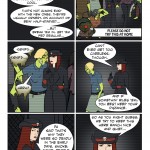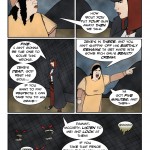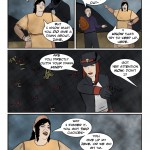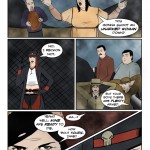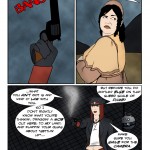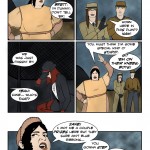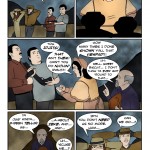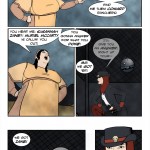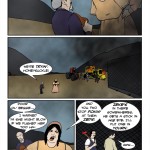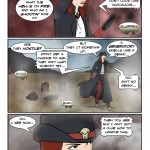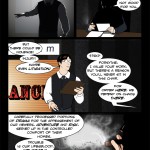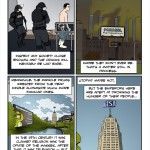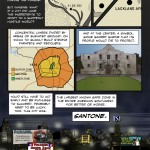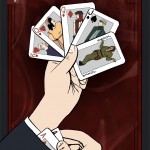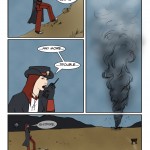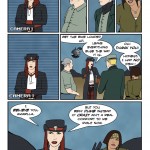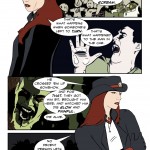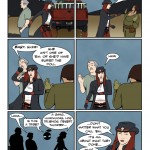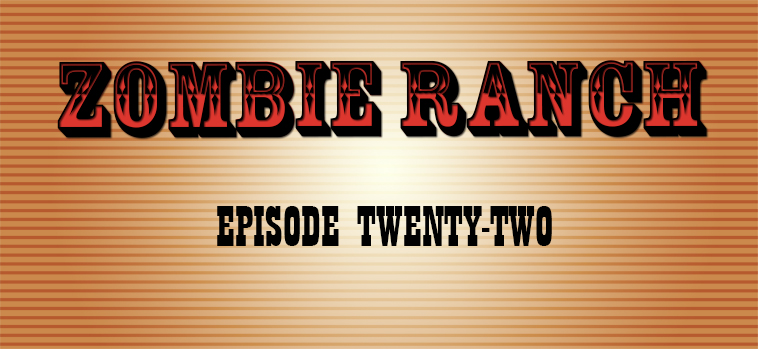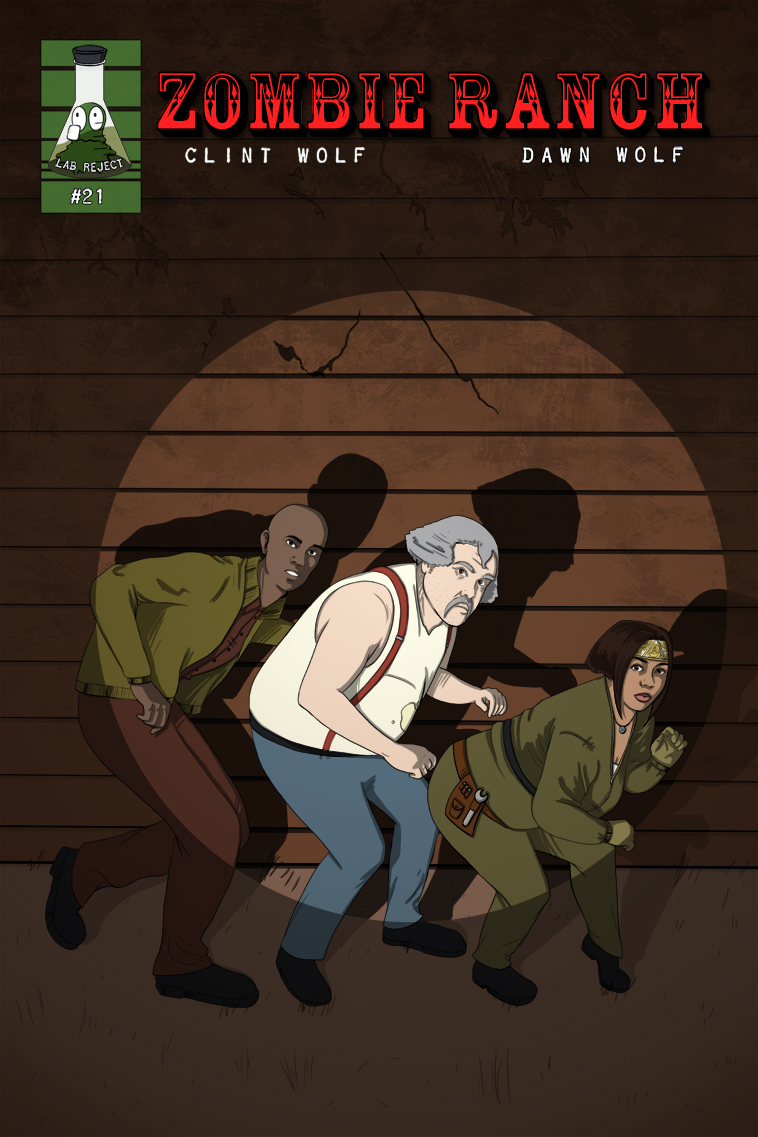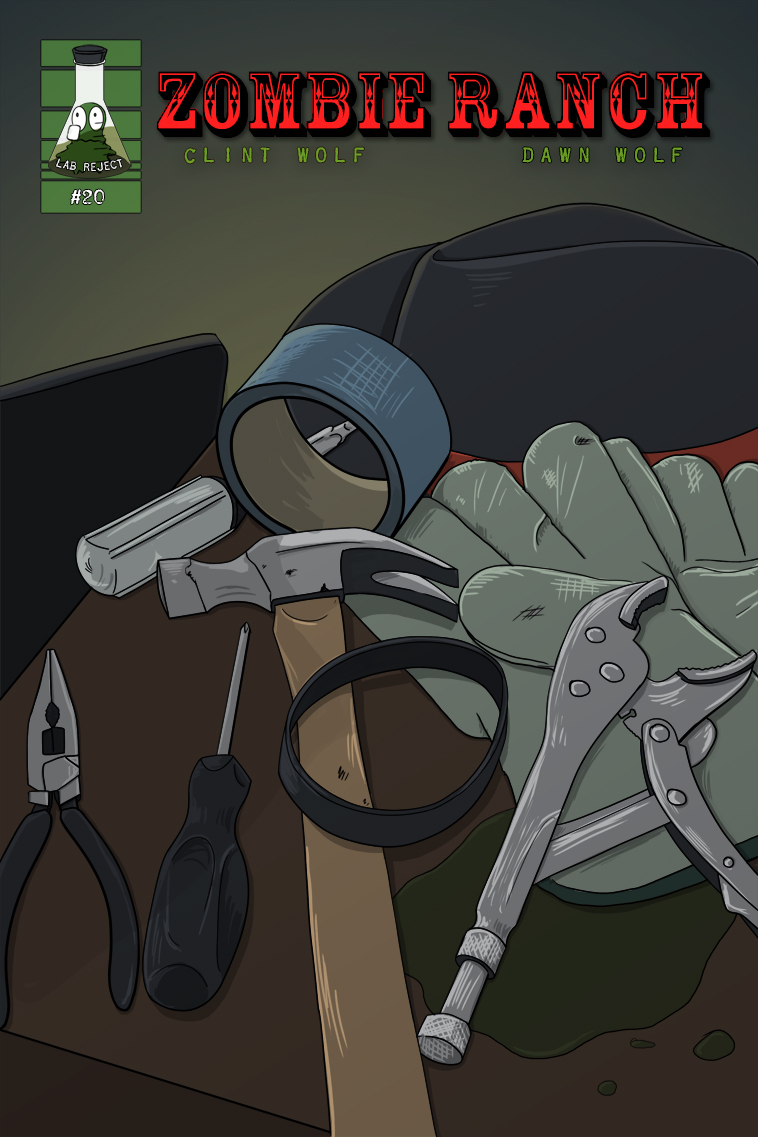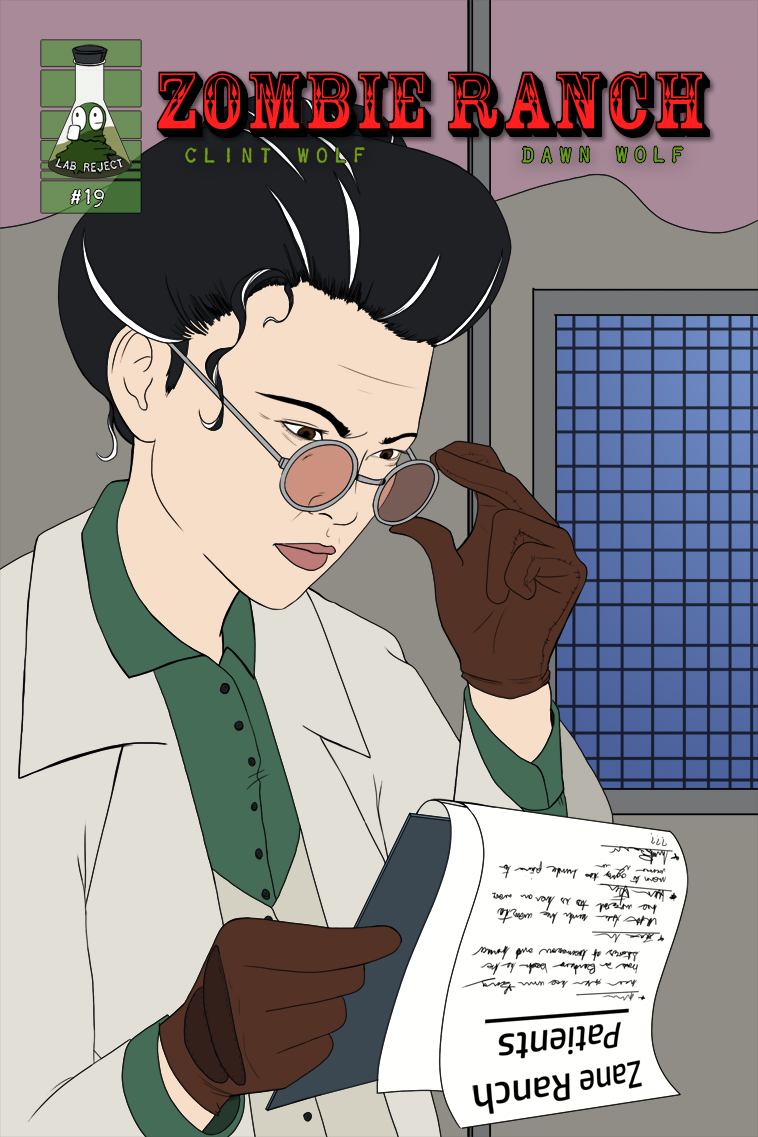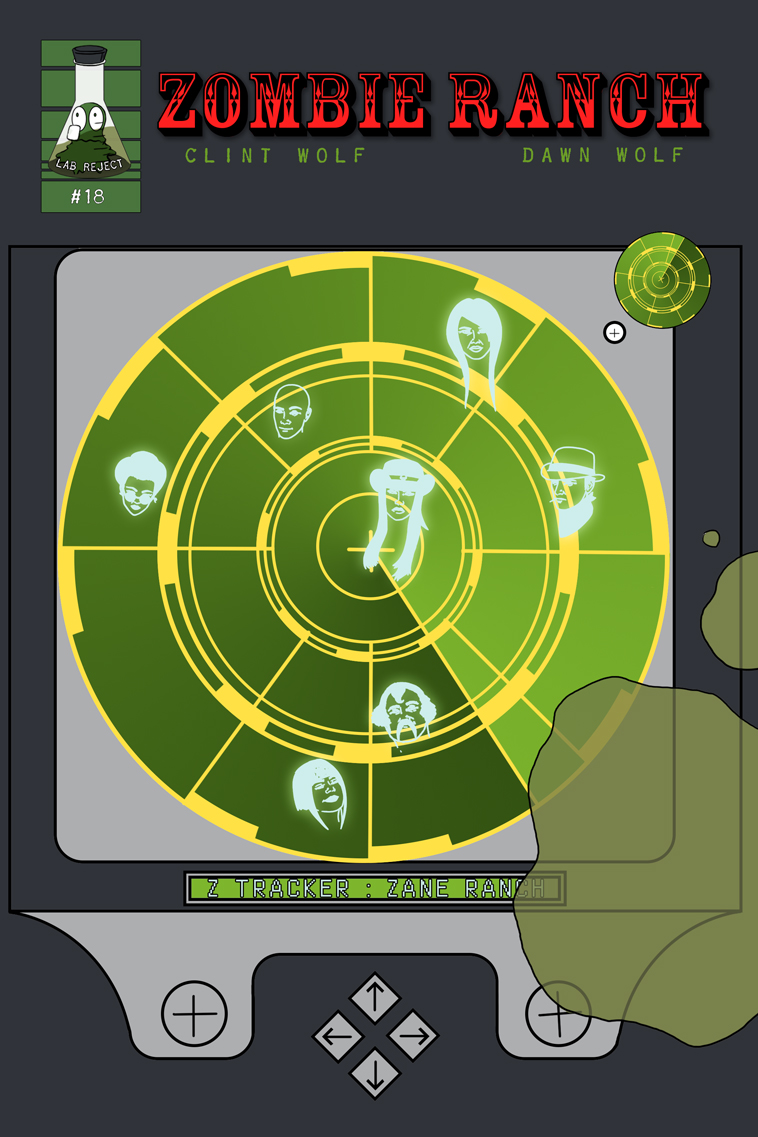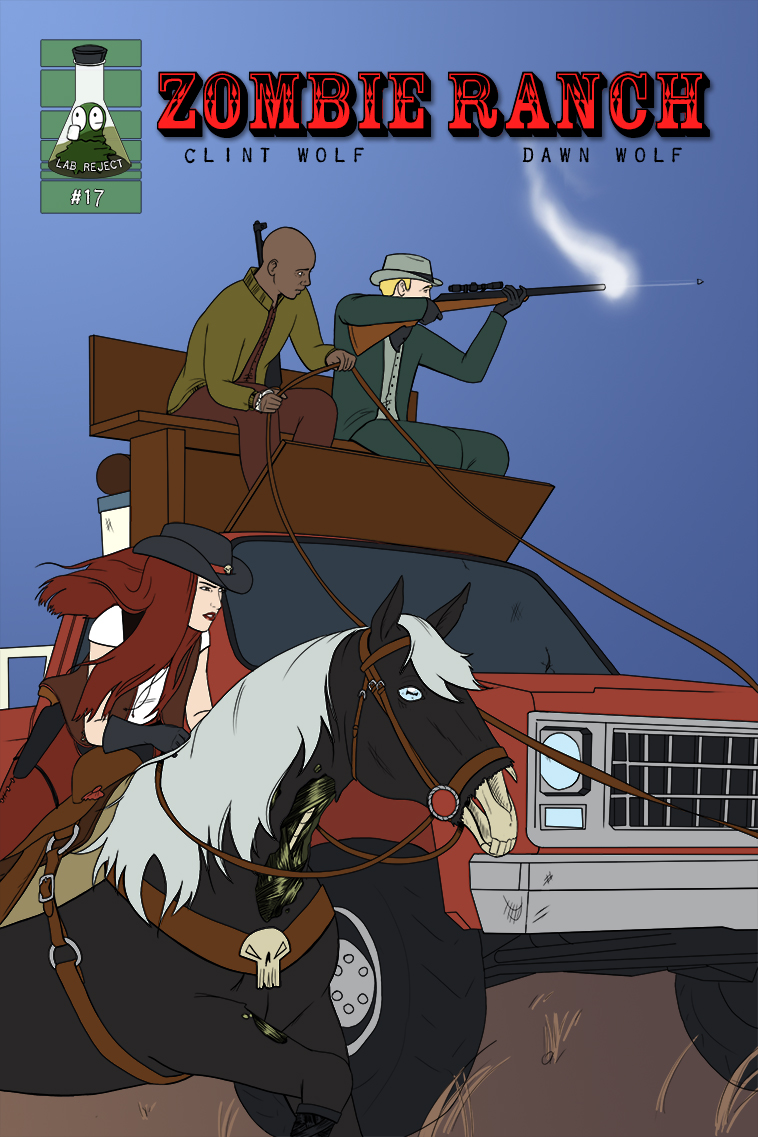“But authors make mistakes, too. Very few non-commercial writers know how to successfully advance their careers. Michael was no exception. He changed agents, publishers, gave up writing short stories – a critical mistake in this country, if you want to continue to be noticed as a literary writer – and attempted to jump into the crime genre to entice the vagrant reader. If bestsellers were easy to write there would be more of them. Michael, unfortunately, had, has, too much talent to succeed as a crime writer. He doesn’t possess the fatal lack of talent required. He asks too much of a reader. America really doesn’t possess enough of a literary culture anymore to maintain a writer like Michael.”
The article I linked above was a response to this portion, which in the original essay is truthfully only one paragraph out of many. And yet, what a terrible, bitter thing to write. What a sadly unchallenged view it still is, in certain circles of academia, that entire genres of fiction are somehow inherently inferior, a view often based in a few bad examples or just outright ignorance based on nothing but inherited or imagined prejudice. And as I thought about it, I thought how that seemed eerily familiar. Dismissal of genres (or in the case of comics, an entire medium) as inferior is nothing more or less than literary bigotry, with no more merit or justice to it than if you were to similarly discount say, certain minorities. Or women. Speaking of which–just in case you think I’m reaching with that comparison–the original essay had this to say as well regarding Michael Collins’ career success problems:“One difficulty is that Michael, unlike the three writers mentioned above, is not a Dead White Male (a category anathema in US literature departments for the last 30 years), but a Live White Male, not a demographic entity that is much in fashion these days. Though globalised in actuality, Michael is not globalised by background or genetics.”
As a Live White Male myself, I will admit to not being much in fashion — at least in the sense that I love aloha shirts to what is, arguably, a fault, and have taken to wearing a pith helmet in the rain. But I halt well short of any implications that I am being unfairly passed over, and were it me being referenced in the paragraph above I would have to thank the professor for his efforts on my behalf, but ask him to stop “helping.” Anyhow, I’m not so bitter yet as to apply Sturgeon’s Law to people, but where literary criticism is concerned, literary bigotry is easily avoided by remembering that ninety percent of all fiction is crud, regardless of medium, genre, source or marketability. And keep in mind that they all also have that remaining ten percent which justifies the rest.








